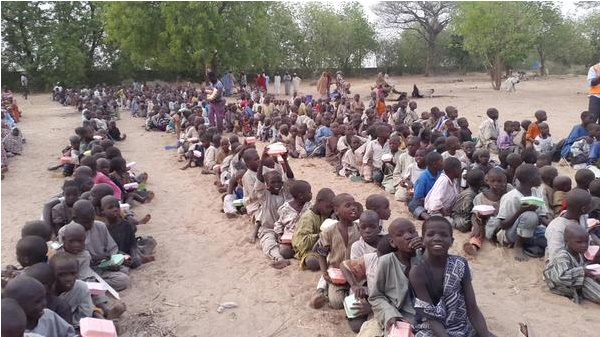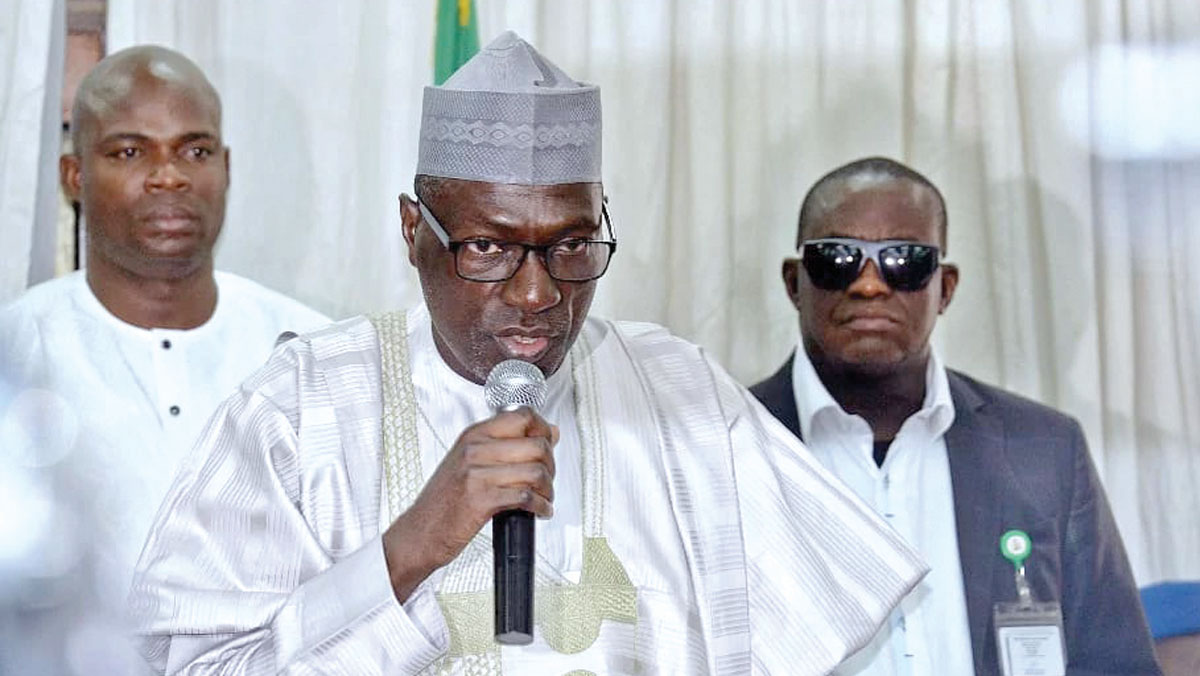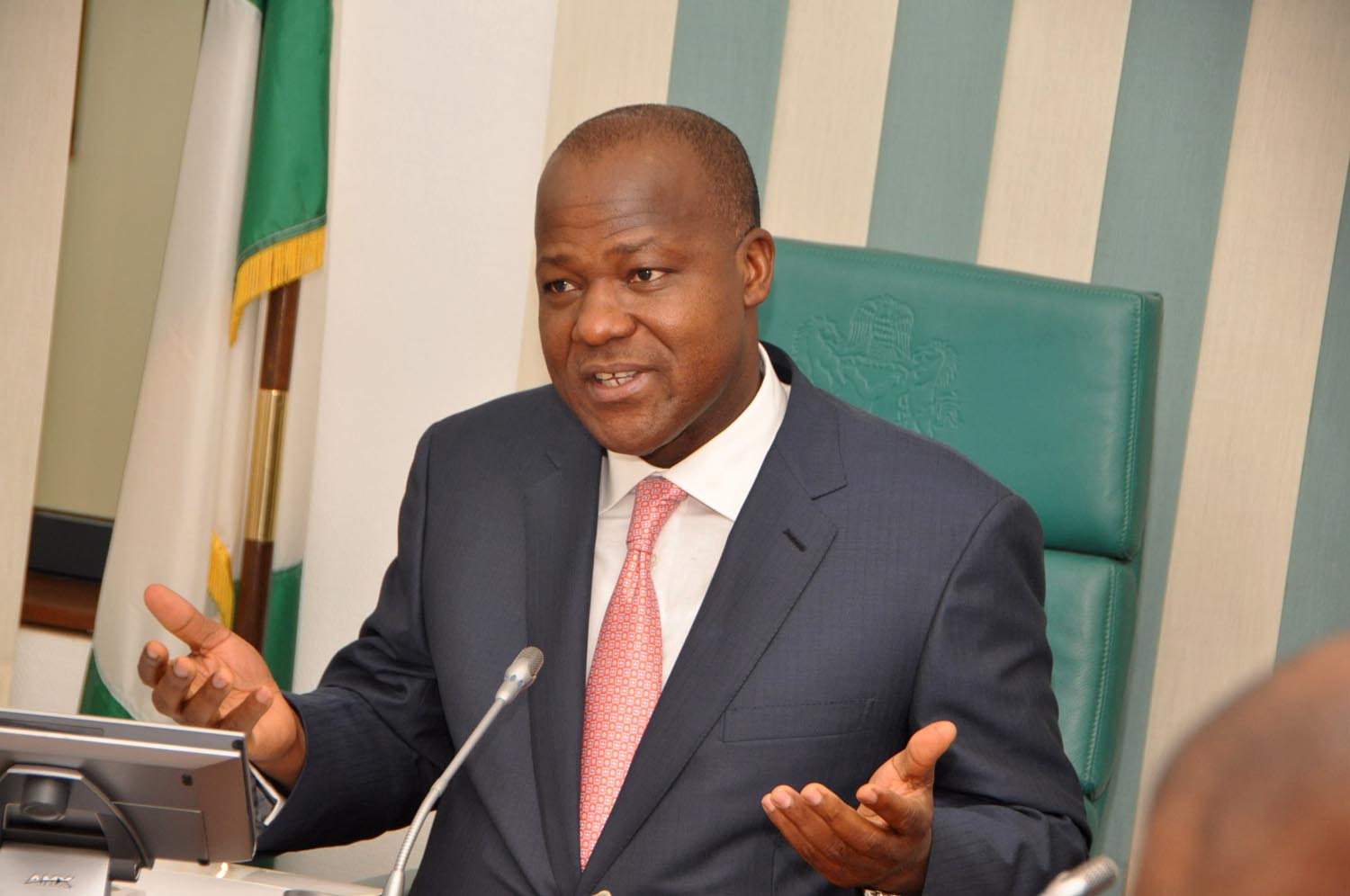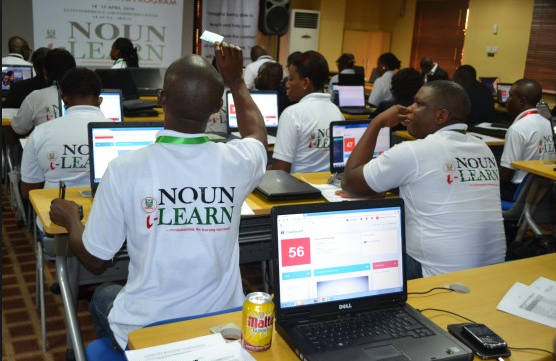I’m good at doing catch-up calls with friends. This past week I did with two of my friends.
The recent piece written by my editor, friend and brother, Simon Kolawole—a celebrated journalist and CEO of TheCable—known for his crowd pulling ideas triggered the first conversation.
At a time government has proved toothless and clueless on how to revive the economy, SK as he’s fondly called pointed us to common error in governance—a one jacket fits all approach.
The government fantasy with agriculture and back-to-farm slogan everywhere in government circle without serious thought for industrialization was the subject of his piece, “agriculture is not the magic solution.”
Advertisement
Kolawole performed exploratory laparotomy on Nigeria’s situation. At the end he pointed us to the disease with rhetorical questions.
“But how can we add value when, despite the billions of dollars we have made from oil since 1999, we don’t have the basic infrastructure to inspire an agro-based industrial explosion? Where are the roads? Where are the rails? Where is the electricity? Where is the security? Where is the finance? Yet I can point to uncountable private jets, mansions and customised cars that politicians and their friends have acquired since 1999 with proceeds from the oil boom — while they keep preaching stone-age agriculture to Nigerians. So if your governor joins this craze of declaring work-free days for primitive farming, just ask him politely: Your Excellency, who agriculture alone don epp,?” he wrote.
Pity, Nigeria is a basket case. It is a country where the rich robs the poor. It is a reverse story of Robin Hood. SK told me it is “Hood Robin.”
Advertisement
Really, If the recent statement made by the Emir of Kano, Sanusi Lamido Sanusi—known for his frank talk—about how this government has added to the fortunes of Nigerian billionaires since 2015 from foreign exchange in a “rich take the profit” economy with the poor paying the price does not convince you, I will now take you to the IDP camps.
The other friend I had a catch-up call with is Ms Serah Makka, the daughter of the former military governor of Benue State, Brigadier-General Fidelis Makka, and an international development expert with unusual devotion to Nigeria’s greatness.
I met Ms. Makka while she was working for Tony Elumelu Foundation in Lagos and we have had several occasions to compare notes and share ideas in the last four years.
It is another reverse story of Robin Hood going on across IDP camps, particularly in the northeast that formed the kernel of our conversation.
Advertisement
Just think for a moment that you’re one of those at the IDP camps and your foodstuff is being sold by your care provider just to enrich himself.
Many donated items for IDPs that are clearly marked NOT FOR SALE are now in the market with the internally displaced persons dying of hunger. The world must be laughing at us.
Clearly, the statistics of death from IDP camps is not good for the book. The serious sin here is error of coordination among government agencies and lack of seriousness in implementing good policies on the part of government.
But Ms.Makka and some other concerned Nigerians that include ‘Yemi Adamolekun ofEnough is Enough Nigeria, Bukky Shonibare, of Adopt-A-Cam, Evon Idahosa of Pathfinders International, Nanre Maiyegun of IAMSafe Coalition and Ier Jonathan-Ichaver, Sesor are not sleeping over the issue.
Advertisement
In a recent letter sent to Veepee Yemi Osinbajo, the group said: “There have been several allegations of corruption in IDP Camps in relation to distribution of food and supplies.
“For several months, there have been citizens’ reports that food and supplies marked ‘NOT FOR SALE’ or stamped with the logos of various international development agencies are offered as is, or repackaged and sold in markets in Borno State.
Advertisement
“This is clearly unacceptable and urgent attention needs to be given to ensure that supplies meet their intended beneficiaries in good time to meet their needs. If goods clearly marked ‘NOT FOR SALE’ are being sold, what happens to donations by citizens that are unmarked?
“In June 2016, there were reports of trucks of food being diverted from IDP camps. There was also a report of hoodlums taking over a food distribution event in Borno State and stealing bags of rice. Also last month, pictures and a video surfaced online and the report stated that food allocated for IDPs were being re-bagged for resale.
Advertisement
“Furthermore, the UN Office for the Coordination of Humanitarian Affairs (OCHA), in their May 2016 Report, found that cases of ‘sex for food’ by women and girls in government-run camps had increased.
“In January 2016, the Chairman of the House Committee of Internally Displaced Persons (IDPs), Alhaji Sani Zoro (Jigawa, APC), announced that the Committee would investigate allegations of ‘sex for food’ in IDP Camps.
Advertisement
“Despite these allegations, there has been no published report by the Federal Government of the findings of any investigation.”
Makka and her team simply want Osinbajo to use his office as the nation’s vice president and chairman of National Emergency Management Authority to act swiftly before things get out of hand.
That letter was sent out to Osinbajo by mid- July, but it is not clear why IDPs are still dying of hunger. After surviving the terror and horror of Boko Haram, it is a shame that the government couldn’t stop the IDPs from second death. It is our reverse case of Robin Hood story.
Follow me on Twitter:@adeolaakinremi1
Add a comment







